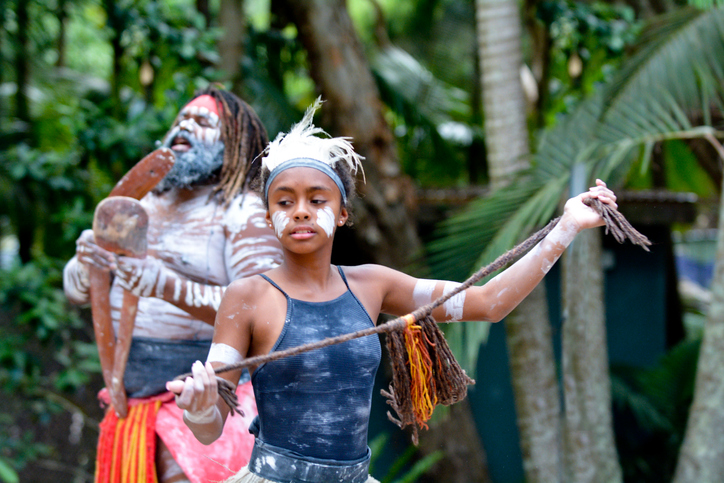
On 14 October, Australians will have their say in a referendum about whether to change the Constitution to recognize the First Peoples of Australia by establishing a body called the Aboriginal and Torres Strait Islander Voice.
Voters will be asked to vote ‘yes’ or ‘no’ on a single question. The question on the ballot paper will be:
“A Proposed Law: to alter the Constitution to recognise the First Peoples of Australia by establishing an Aboriginal and Torres Strait Islander Voice.
Do you approve this proposed alteration?”
Known as the “Voice to Parliament” the bill signifies Indigenous sovereignty—particularly within the education sector, for many communities, schools and Indigenous groups.
In Coffs Harbour – a seaside town north of Sydney, educator Clark Webb is rallying for change. “Opening our own schools, that’s sovereignty in action,” said Webb.
Webb is seeking to revive the Indigenous language spoken in Coffs Harbour, and explains “And so we need that ‘Voice’ there to lobby for that.”
Upon opening last year, the Gumbaynggirr Giingana Freedom School (GGFS) that Webb helped found, was the first bilingual Indigenous school in New South Wales—the most densely populated state in Australia. The school’s opening is part of a ground-up initiative to revive dozens of Indigenous languages that are close to extinction. It is also being supported by federal and state governments.
The ‘Voice’ would advise Parliament and Government on matters affecting Indigenous communities. Linda Burney, the Minister for Indigenous Australians, has declared that she will ask for the Voice to prioritize Indigenous health, housing, education, and jobs.
Many of Australia’s Indigenous people view language revitalization as a critical pathway to ensuring the survival of their cultures, and 2023 has become one of the most crucial years for Indigenous rights in the country’s history.
Language preservation is one of the key pillars of the ‘Yes’ campaign going into the referendum.
The Aboriginal, Indigenous and Torres Strait Islander communities in Australia are regarded as some of the world’s oldest cultural civilizations, with traditions still practiced today that date back tens of thousands of years.
After colonization by the British Empire in 1788, many Indigenous groups began to face discrimination, which continued for centuries following.
In 1901, Australia became an independent nation, however Indigenous people were subject to forced separation from their children, discriminatory policies and punishment for speaking their native languages as recently as the 1980s.





